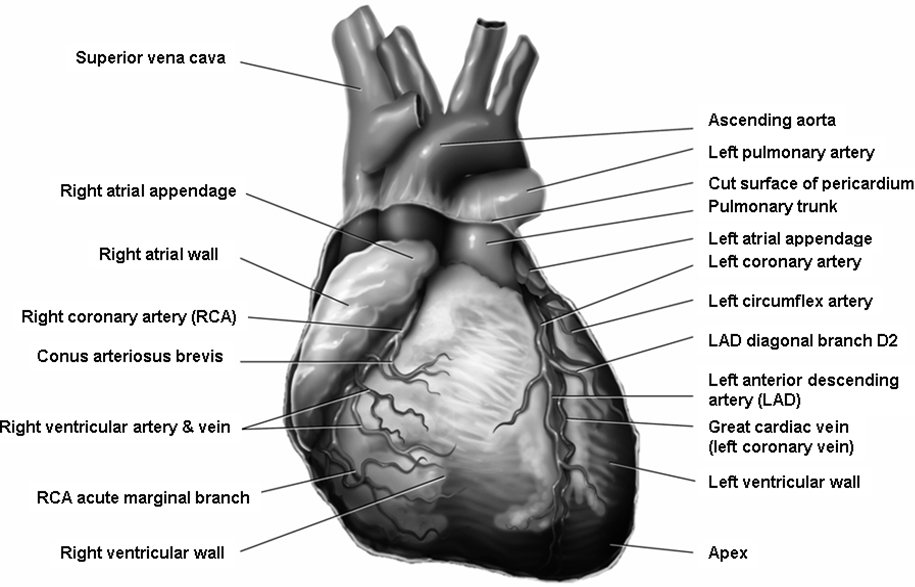Hypertension, also known as high blood pressure, is a medical condition that affects millions of people around the world. It is defined as having a systolic blood pressure reading of 140 mm Hg or higher, or a diastolic blood pressure reading of 90 mm Hg or higher. Blood pressure is the measure of the force that blood exerts on the walls of the arteries as it moves through the body.
High blood pressure is a silent killer, as it often has no symptoms but can cause significant damage to the body over time. The continuous force exerted by high blood pressure on the walls of the arteries can lead to the formation of plaque, which can narrow or block the arteries and increase the risk of heart disease, stroke, kidney disease, and other health problems.
There are several factors that can contribute to the development of hypertension, including genetics, unhealthy lifestyle choices, and other medical conditions such as obesity, diabetes, and sleep apnea. A diet that is high in sodium and low in potassium, physical inactivity, and excessive alcohol consumption can also increase the risk of developing high blood pressure.
The good news is that hypertension is a treatable condition, and making simple changes to your lifestyle can help control it. Some effective lifestyle changes include:
- Eating a healthy and balanced diet that is low in sodium and high in potassium, fiber, and whole grains
- Maintaining a healthy weight and engaging in regular physical activity
- Limiting alcohol consumption and avoiding smoking
- Reducing stress through activities such as meditation, yoga, or exercise
In addition to lifestyle changes, medication can also be used to control hypertension. There are several classes of medications that are commonly used to treat high blood pressure, including diuretics, beta-blockers, ACE inhibitors, and calcium channel blockers. Your doctor will work with you to determine the best course of treatment based on your specific needs and medical history.
It is important to have your blood pressure checked regularly, as high blood pressure often has no symptoms and can only be diagnosed through regular monitoring. If you have been diagnosed with hypertension, it is essential to work closely with your doctor to monitor and control it. This may include regularly checking your blood pressure at home and making any necessary adjustments to your treatment plan.
In conclusion, hypertension is a common and serious medical condition that can lead to significant health problems if left uncontrolled. However, making simple lifestyle changes and working with your doctor to manage your blood pressure can help prevent these complications and protect your health. If you have concerns about your blood pressure, be sure to discuss them with your doctor and take steps to keep it under control.




